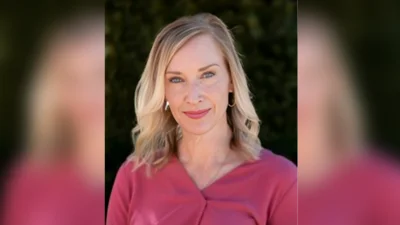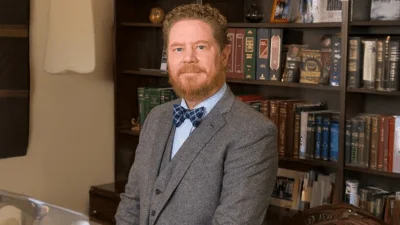The Home Engagement Alternative Response Team (H.E.A.R.T) is being expanded to give the public more comprehensive care and help alleviate the flood of emergency calls Albuquerque Fire Rescue (AFR) answers each day.
“Call volume is through the roof,” Capt. Melvin Martinez, an AFR paramedic, told KOB 4. “As a department, we have to figure out how we’re going to mitigate this; how we’re going to make it better. I think H.E.A.R.T. allows us to affect call volume and try to help people before they even call 911.”
First responders are often called out to see the same people repeatedly for falls, frequent illnesses, substance use, or chronic physical issues.
The H.E.A.R.T. Division is being expanded to take a deeper look at what’s going on and explore options for long-term solutions.
“We try to find solutions to their problems,” Martinez said. “I think a lot of times EMS (Emergency Medical Service) is not going to fix their ailments or things they are chronically suffering from. So, we go in there and try to help them navigate the healthcare system, help them find a primary care physician.”
Martinez said his department is always looking for ways to expand services to help people. The current expansion includes resources to assist with repeated substance abuse issues.
H.E.A.R.T was created in 2018 to “identify repeat patients and connect them to appropriate medical and social services to help reduce the reliance on 911,” according to the city’s website. It also educates the public on fall prevention, and harm reduction related to opiate overdoses.
At the time of its inception, AFR Chief, Paul Dow, said, “Last year, the department ran over 106,000 calls, of which over 93,000 were medical calls.”
Shortly after H.E.A.R.T was activated in 2018, team members completed 100 hours of community health worker training, which was provided for free by the New Mexico Department of Health, according to the city’s website.









